What are we but a mixture...
“Education is what remains after one has forgotten what one has learned in school.”
-Albert Einstein
You’ve probably heard someone complain about classes they’ve had to take or material they were required to learn in school that they deem completely irrelevant in comparison to things you suspect you need to know in everyday life. Some of my favorites include some variation of the following: “I’ve been out of school for X number of years now and have still yet to need/use the Pythagorean Theorem” or “I don’t know how to apply for a loan, can’t balance a checkbook, or know how to buy insurance, but I know about the powerhouse of a cell.” We often learn about things that, after a little while, become irrelevant and fade from our memory. However, after today, this quote speaks volumes to me as I reflect on the invaluable knowledge I acquired from a Costa Rican man that moving forward and after I depart from this country, I know I will carry with me always.
Today was our first full day in San José, Costa Rica, and while it is quite a change from the quiet, secluded campus of UGA in San Luis, it provides us with ample opportunity for exploration, growth, and learning.
Instead of bungalow A1, A2, B2, B3, or B4, we all woke up in Hotel Ave de Paraiso. Paraiso is a quaint and gorgeous family-owned hotel nestled far enough behind building-lined streets to be invisible from the average passerby. Blue and terracotta colored tiles create stunning mosaic artwork that lines the floors, walls, and steps of this hidden gem, each building featuring unique patterns and pictures all its own as you walk to the comedor to enjoy breakfast.
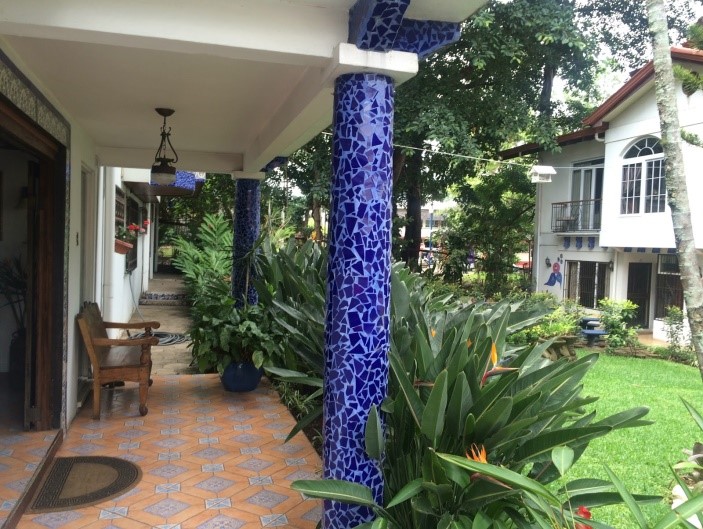
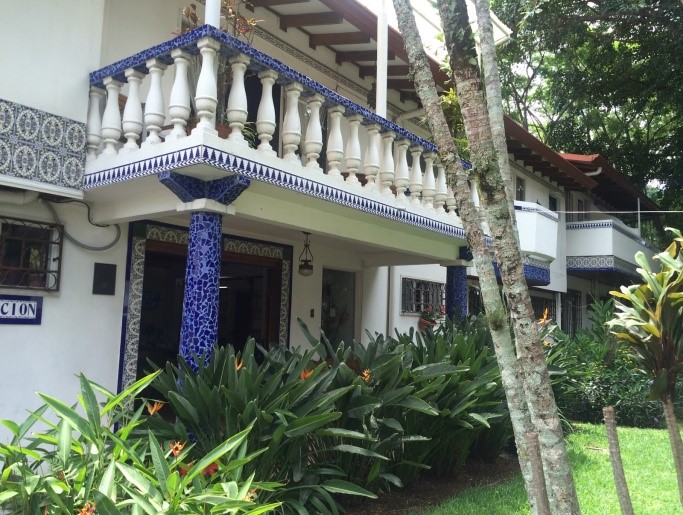
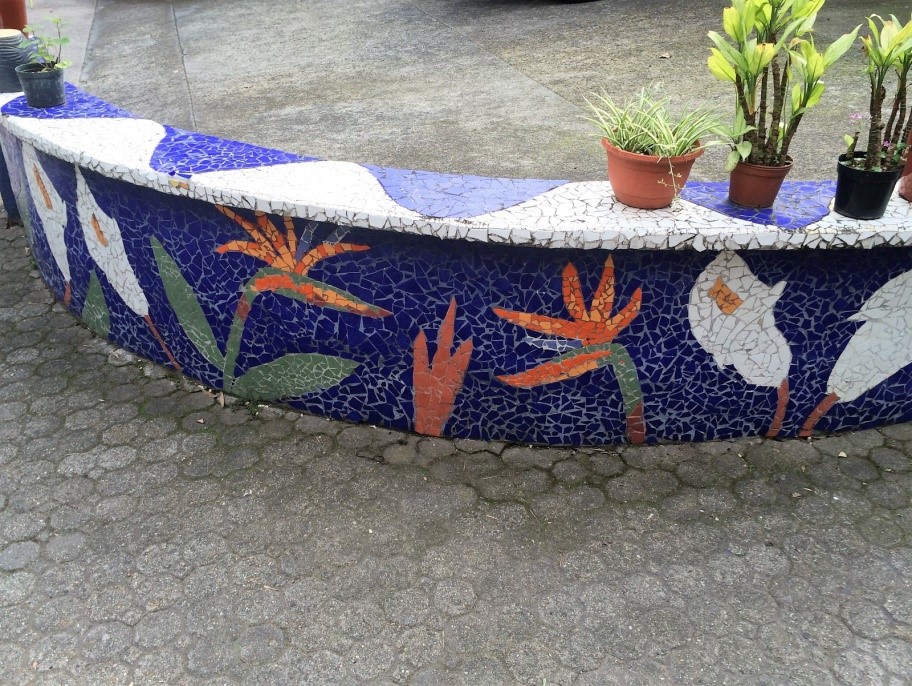
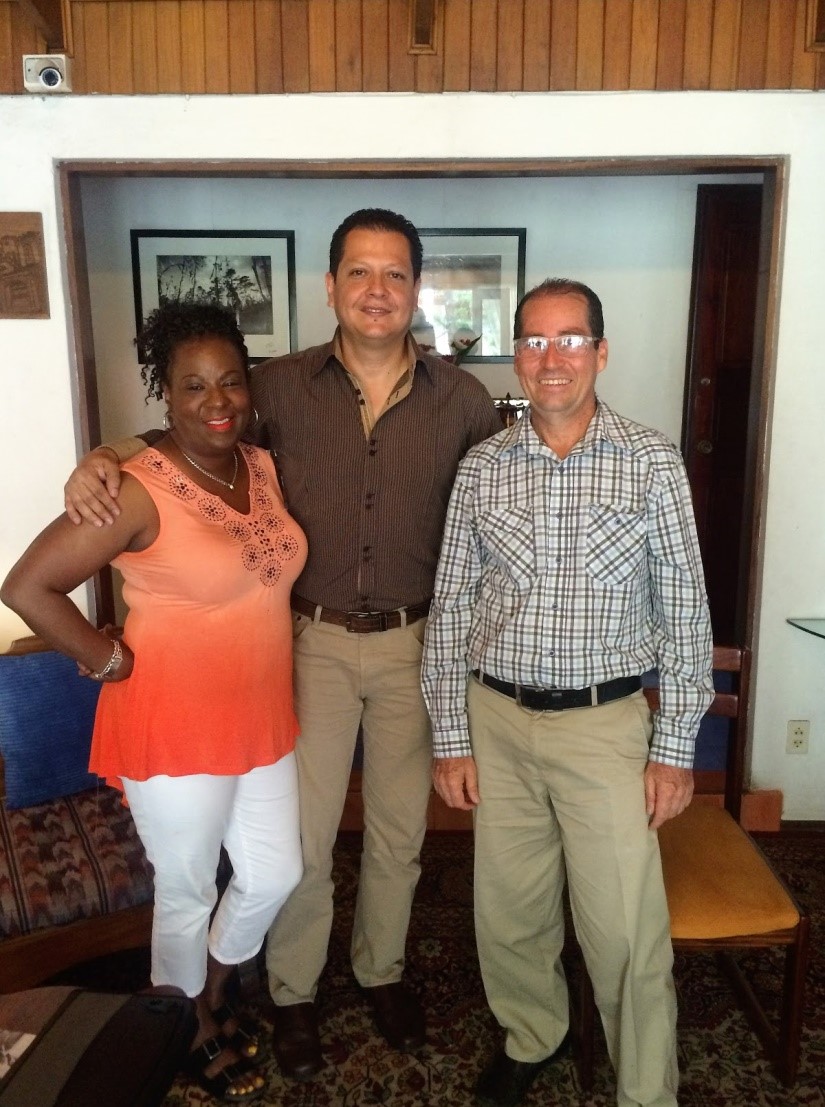
After our group ate breakfast, our main agenda item for the day included a presentation and talk by Mauricio Melendez, a genealogist, who was born and raised in Costa Rica. Mauricio was joined by a translator, José, who was also born and raised in Costa Rica and had joined the Peace Corps to educate others on how to teach English and classroom etiquette. Once we began, Mauricio educated us on the history of different racial, ethnic, and cultural groups in Costa Rica and how they have changed over time. He also discussed with us the historical framework for each group, and the social implications for different labels and verbal codes used here in Costa Rica. This allowed us to ask questions and compare and contrast the information we were receiving from Mauricio with what we know about racial history and issues in the U.S. While we know that racism is alive in the U.S., it was a completely different experience to learn about the ways in which racism came to exist in Central America and Costa Rica, and it’s continued impact on the country of Costa Rica today. After discussing the history and mixing of cultural groups, Mauricio said something that was translated so beautifully by José that I had to make sure I added it to my notes: “What are we but a mixture? We are all a mixture, all humans are.” (Mauricio Melendez)
After meeting and talking with Mauricio I was curious to know what my fellow classmates thought of his presentation. Some of my classmates thoughts are as follows:
“Our conversation with Mauricio was genuinely one of the most interesting conversations i've ever had because of the multifaceted nature of race. It was very interesting to learn about the long history of racism in Costa Rica and Latin America in general, the prejudices held between specific groups, and the implications the stereotypes have on race relations today.”
-Bobby French
“He was very passionate about his study and helped me see the history behind the culture of Costa Rica that I am being exposed to during this trip.”
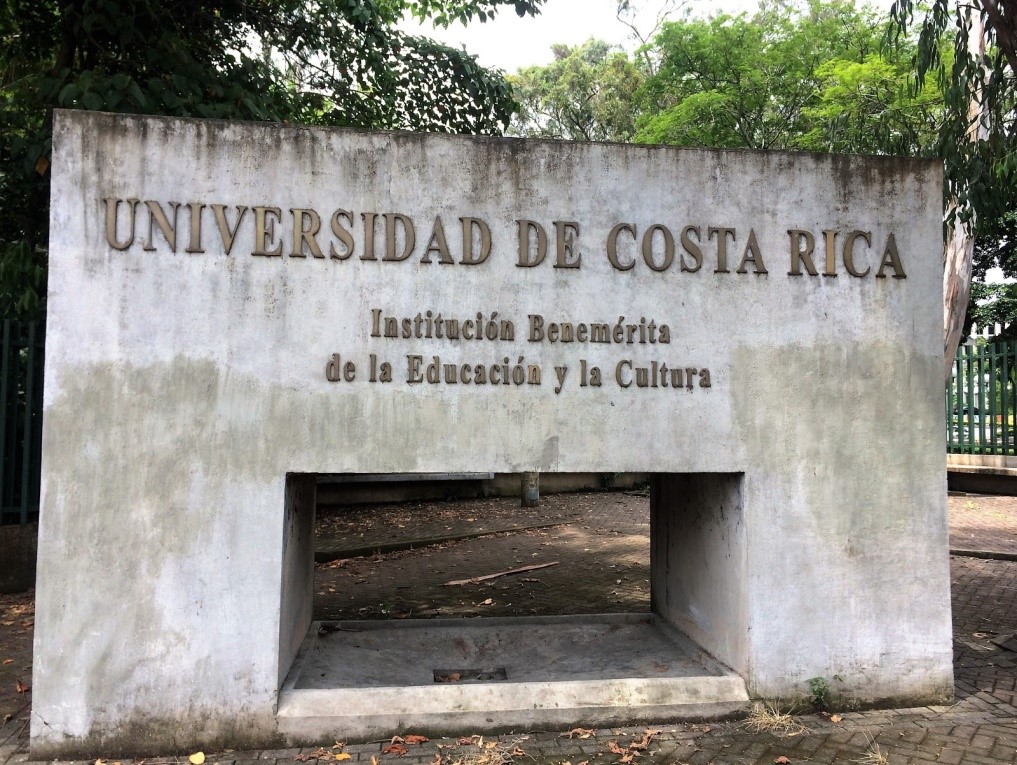
-Mitchell Doty
While our talk with Mauricio was complex and full of content, we all needed lunch to recharge for our day. We walked about ten minutes down the road passing by the University of Costa Rica to the mall and decided to try our hand at navigating the food court. There were a ton of options ranging from local, Costa Rican fare, to American chains like Pizza Hut, Popeyes, and Taco Bell. After lunch we had some free time to browse the mall and shop. Walking around the mall was a new experience for most of us, as we all received stares and acknowledgement that we clearly were from The States.
As a group, we share every meal together. This time together allows us to relax, enjoy excellent food, and get to know each other on a more personal level outside of classroom discussion. This time allows us to forge strong bonds and relationships and experience an aspect of Costa Rican culture simultaneously. Tonight we ate at a Peruvian restaurant called Machu Picchu that served authentic Peruvian cuisine. Everyone enjoyed their food, and Ashley ordered a Peruvian ice cream dessert that was similar to the taste of butterscotch.
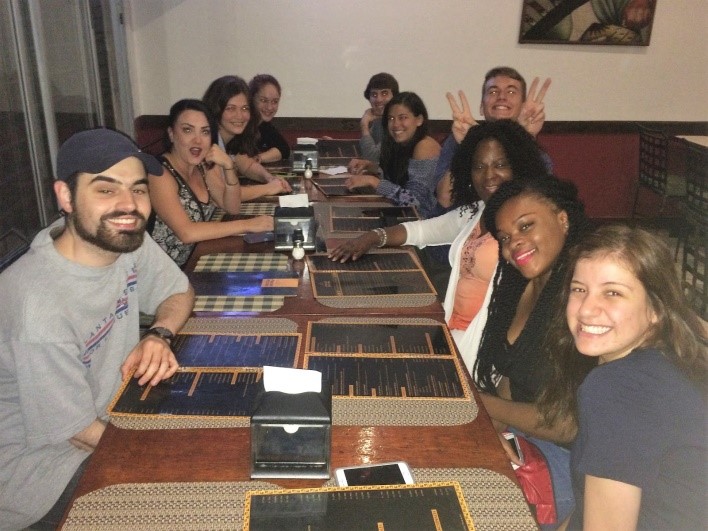
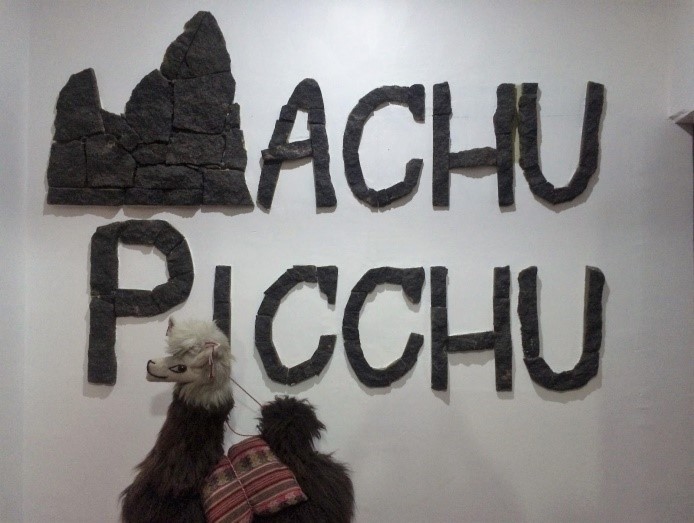
To round out the night, we stopped by a local grocery store to grab a few quick items that each of us needed. Unlike in The United States, the entire front of the store was open to the outside environment, allowing for ease of access for both entering and exiting.
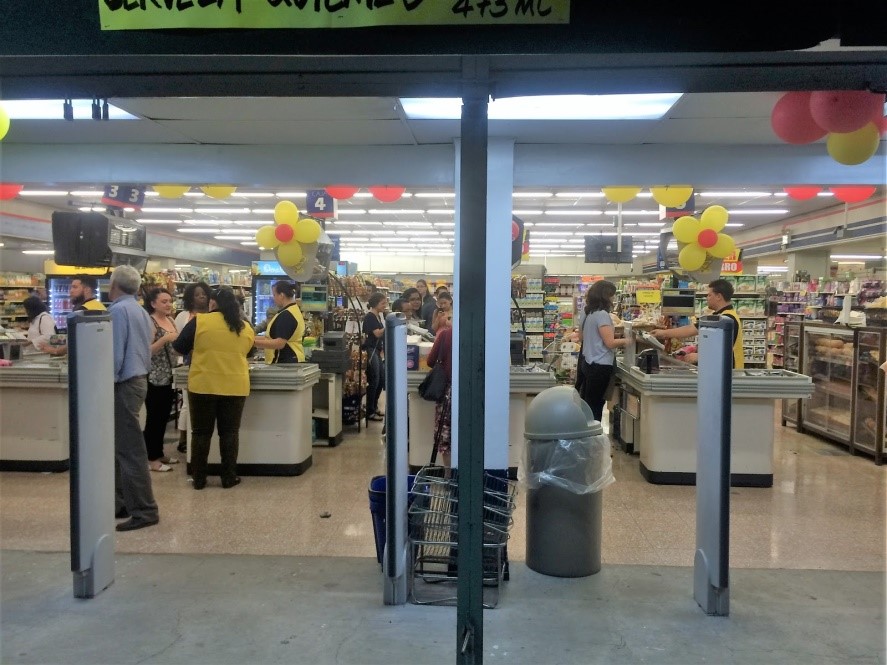
There is so much culture here in Costa Rica to be experienced that can serve as a teaching tool in many areas of life. As people, we have the ability to make significant impacts and lasting impressions on those we come into contact with. Although I probably will never meet Mauricio again, I will not only remember his expansive knowledge on race relations and communications in Costa Rica, but I will also remember how important it is to never forget that we are all in this together--we all share this life. I was truly educated by Mauricio.

